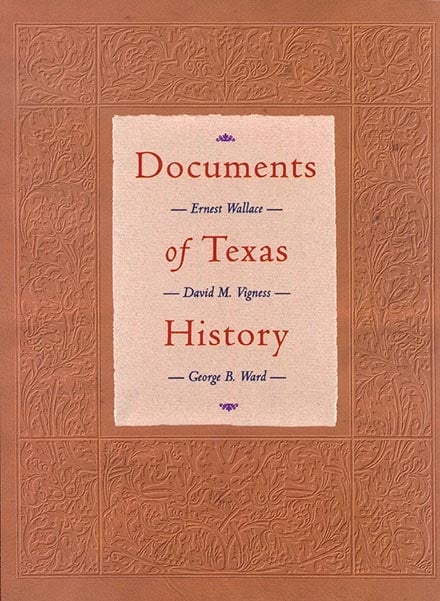In popular usage a homestead is a family home. In law the term refers to the special protection given to the home of a family or a single adult from the owner's creditors, the right of occupancy given to a surviving spouse, minor children, and unmarried children of a deceased owner, and favorable tax treatment accorded to the owner. These concepts, however, developed independently. The homestead exemption, as the protection from creditors is termed, is the most important aspect of homestead law. Many Americans who settled in Texas in the early nineteenth century were pursued by their creditors, and for their protection Stephen F. Austin recommended a moratorium on the collection of the colonists' foreign debts. In response to that recommendation the legislature of Coahuila and Texas enacted Decree No. 70 of 1829 to exempt from creditors' claims lands received from the sovereign as well as certain movable property. Although that act was repealed in 1831, the principle remained in alive in Texans' minds and was a model for the Texas act of 1839, which protected the home of a family from seizure by a creditor. This was the first act of this sort, and the principle of homestead exemption is therefore deemed Texas's particular contribution to jurisprudence. The homestead principle was embodied in the Constitution of 1845 and all constitutions thereafter. Under the Constitution of 1876 the homestead was defined as the family home on up to 200 acres of rural land or urban land worth up to $5,000 (at the time of homestead designation) with its improvements and used as a family home or place of business. In 1970 the maximum value of the urban land was raised to $10,000. In 1983 the urban homestead was redefined as a maximum of one acre. The legislature has defined the homestead in terms of the maximum amount allowed by the Constitution with the exception of the rural homestead for a single adult, which is limited to 100 acres. In 1973 a homestead was made available to single adults. The Constitution also provides that the homestead cannot be encumbered by a lien except for its purchase price, cost of improvements thereon, or taxes assessed against the property. A Texas homestead is not, however, secure from seizure for a debt owed to the federal government. An encumbrance existing on land prior to its dedication as a homestead is also enforceable. Designation of a homestead is achieved by actual use and no recorded claim to the right is required. Either separate or community property may constitute a homestead. A homestead owner's spouse must join in any transfer or encumbrance of a homestead, and neither spouse can effect an abandonment of the homestead without the consent of the other. In addition to the reduction of taxes made for all homesteads, the Texas Constitution authorizes local governmental units to give further reductions for the aged and disabled. A surviving spouse is entitled to the sole occupancy of a homestead for life, though the owner may have devised ownership rights in the property to someone else.
Is history important to you?
We need your support because we are a non-profit that relies upon contributions from our community in order to record and preserve the history of our state. Every dollar helps.
William H. Nunn, A Study of the Texas Homestead and Other Exemptions (Austin: Baldwin, 1931).
The following, adapted from the Chicago Manual of Style, 15th edition, is the preferred citation for this entry.
Joseph W. McKnight,
“Homestead Law,”
Handbook of Texas Online,
accessed April 19, 2024,
https://www.tshaonline.org/handbook/entries/homestead-law.
Published by the Texas State Historical Association.
TID:
MLH02
-
Original Publication Date:
-
1976
-
Most Recent Revision Date:
-
September 1, 1995




